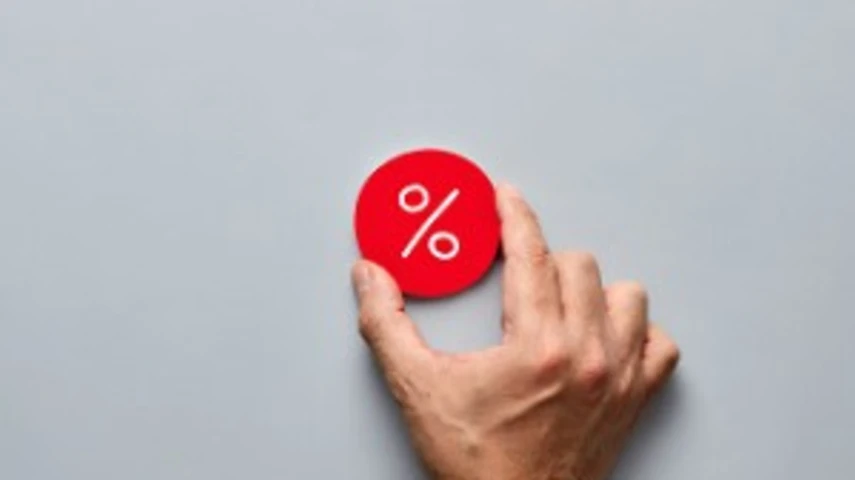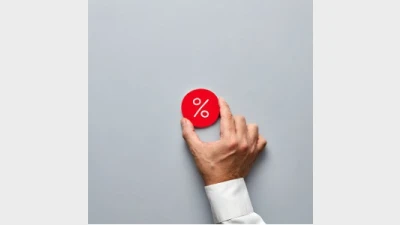RBA makes sixth consecutive rise



The Reserve Bank of Australia (RBA) has raised rates for the sixth consecutive month by 25bps.
Rates were increased from 2.35% last month to 2.6%.
Governor Phil Lowe said the decision had been taken on the basis of returning inflation, which he said was “too high” in Australia, to its target range.
"
white">Today’s further increase in interest rates will help achieve a more sustainable balance of demand and supply in the Australian economy. This is necessary to bring inflation back down. The board expects to increase interest rates further over the period ahead. It is closely monitoring the global economy, household spending and wage and price-setting behaviour.
background:white">“The size and timing of future interest rate increases will continue to be determined by the incoming data and the Board’s assessment of the outlook for inflation and the labour market.”
There had been debate in advance of the meeting whether the RBA would opt to raise by 50bps or by a smaller amount of 25bps as there had been fears that Australia could fall into a recession if rates rose too much.
Scott Solomon, associate portfolio manager of T. Rowe Price’s Dynamic Global Bond Strategy, said: “While the RBA has noted a preference for a weaker Australian dollar, it’s now approaching tenuous levels which somewhat forces the hand of the RBA. Domestically, data continues to perform with a strong labour market and higher consumer confidence levels. On the housing front we note the continued decline in prices but the rebound in auction clearing levels suggests all is not dire.
“While it may not seem like it to the average Australian, compared to global peers, Australia is in a very good place.”
Ellen Gaske, lead economist at PGIM Fixed Income, said: “The RBA is in a better position than the Fed in a number of respects. Inflation in Australia is not quite as broad-based as in the US Moreover, the RBA has wanted a stronger labour market and higher wages for many years. They’re finally gaining traction on that front, with the unemployment rate near an historic low at 3.5%.
“Wages are also finally picking up, although at 2.6% year-over-year -- the strongest pace in eight years -- wage growth isn’t that strong. The RBA also appears more willing than the Fed to discuss the potential lagged effects of its tightening to date and is signalling a likely slowdown in the pace of hikes at some point in coming months.”
Recommended for you
The dominance of passive funds is having a knock-on effect on Australia’s M&A environment by creating a less responsive shareholder base, according to law firm Minter Ellison.
Morningstar Australasia is scrapping its controversial use of algorithm-driven Medalist ratings in Australia next year and confirmed all ratings will now be provided by human analysts.
LGT Wealth Management is maintaining a neutral stance on US equities going into 2026 as it is worried whether the hype around AI euphoria will continue.
Tyndall Asset Management is to close down the Tyndall brand and launch a newly-branded affiliate following a “material change” to its client base.












